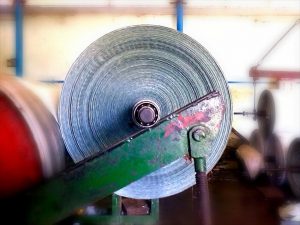Retractions are rolling along for numerous scientists affiliated with the Jining First People’s Hospital in Shandong, China, who were sanctioned in December for research misconduct such as tampering with data and fabricating research.
For example, one article, “Lycium barbarum polysaccharides alleviates oxidative damage induced by H2O2 through down-regulating microRNA-194 in PC-12 and SH-SY5Y cells,” which appeared in Cellular Physiology and Biochemistry in 2018, was retracted on August 31.
The retraction notice stated:
Continue reading Chinese hospital sanctioned at least 35 scientists for research misconduct




